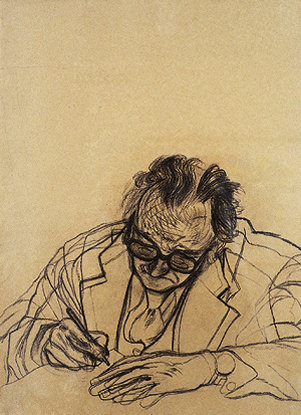
On Going On: Rules, Inferences and Literary Conditions
Do literary conditions have their own forms of entitlement? Would such conditions—say, Wittgenstein’s particular scene-setting, thought experiments, aphorisms, and dialogues—amount to an alternative form of justification? Could a tactful or artful (or beguiling or captivating or worrisome) ordering of words—what we might simply call a style—itself generate the criteria for claiming? How exactly can, as Cavell puts it, “an ordering of words [be] its own bottom line, [and] see to its own ground?”







